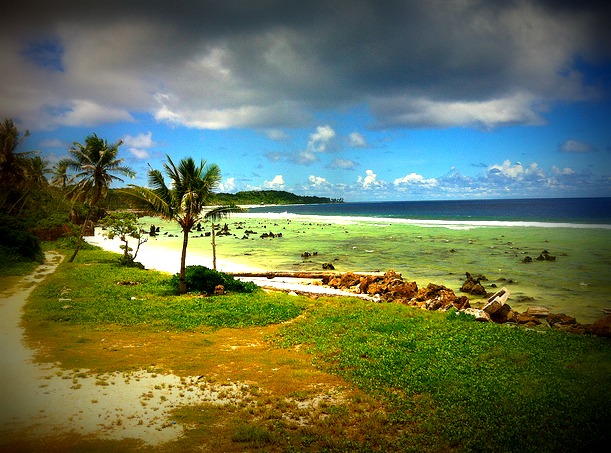
Internet censorship in Nauru could lead to other human rights abuses
On Wednesday, the government of Nauru announced that it would block Facebook and other websites until it could pass measures to protect its residents from abusive content on the internet. The announcement followed earlier reports that the telecommunications company Digicel had been ordered to block Facebook on the island. In an official statement, President Baron Waqa explained:
Sites that are solely set up for the purpose of distributing explicit, obscene and pornographic contents will be permanently blocked…Other sites — including Facebook — that have been abused by malicious users are under a temporary block until the necessary protection mechanisms are in place to ensure that Nauruans are not left exposed and vulnerable to the actions of criminals, sexual perverts and cyber bullies. All other sites remain active including social media sites with no interference to internet services.
Nauru is a tiny island nation of just 21 square kilometers (8.1 square miles) in the South Pacific — yet decisions made there have far-reaching implications for human rights. The country has operated a detention center for refugees seeking asylum in Australia since 2001, and receives some $30 million in aid money from the Australian government every year. However, there have been documented human rights abuses at the center.
Notably, at the same time that internet interference was being reported, the government of Nauru also amended its criminal code to impose jail time for anyone who makes a statement that “coerces, intimidates, harasses, or causes emotional distress to a person” if the statement is “likely to threaten national defence, public safety, public order, public morality or public health.”
Although the code is not explicit, human rights activists believe it could prevent asylum seekers from speaking out about the conditions of their detention.
The new law comes in the wake of other restrictive actions by the government, including expulsion of a magistrate judge and suspension of three members of the main opposition party in Nauru’s Parliament. Australia’s Foreign Affairs Minister Julie Bishop has decried the clampdowns on free speech in Nauru.
Because refugees are stateless, they are especially vulnerable to human rights abuses. This fact, combined with the imposition of a new criminal code and internet restrictions, means that we could have a dangerous powder keg for human rights abuses in Nauru.
Earlier this month, UN and global human rights experts issued an historic declaration that internet kill switches can never be justified under international law. In 2015, we have already seen internet shutdowns in the Democratic Republic of Congo, Burundi, and Togo. These shutdowns must stop. We are tracking the situation in Nauru and exploring ways for you to take action.
photo credit: Sean Kelleher
